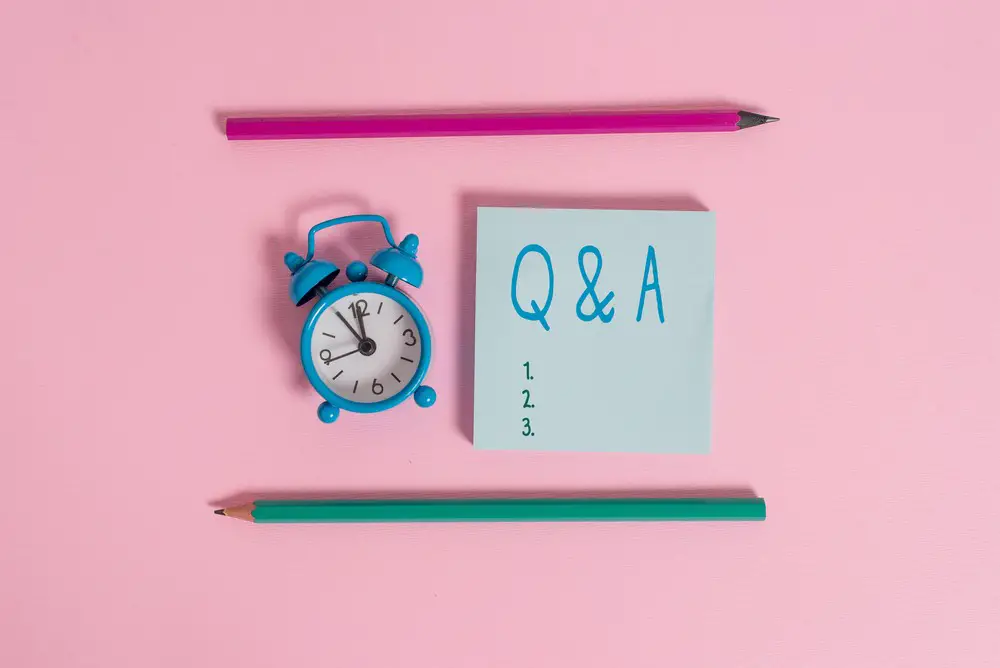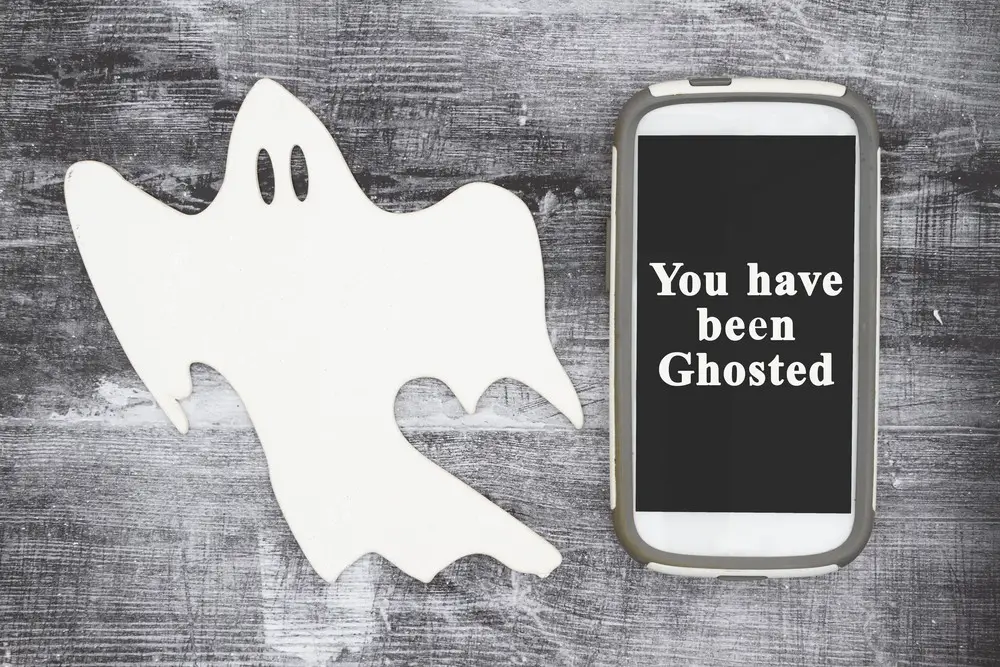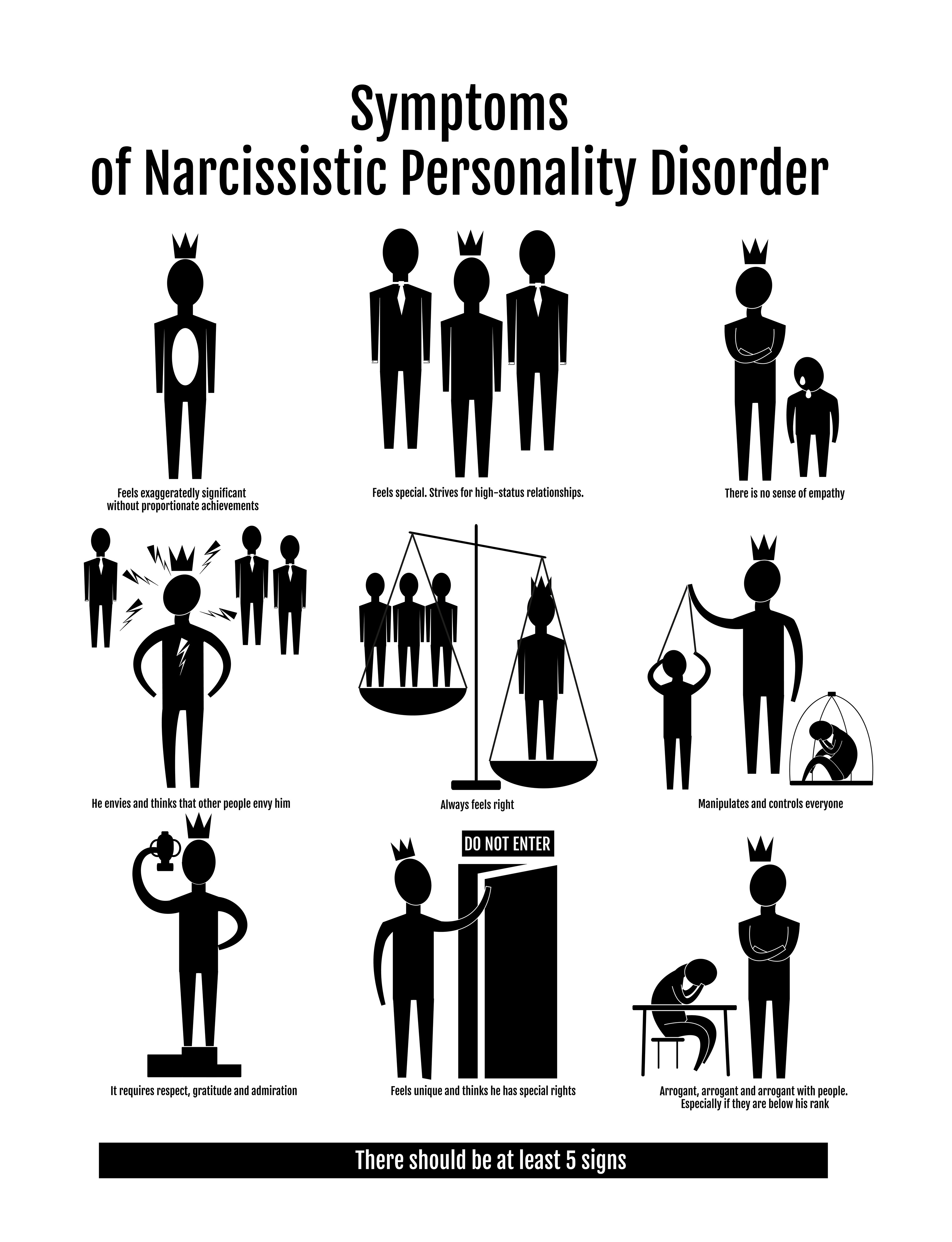As a BetterHelp affiliate, we receive compensation from BetterHelp if you purchase products or services through the links provided
Love bombing and ghosting are two manipulative dating tactics that have gained traction recently. You may have experienced it yourself or know someone who has. Understanding these phenomena is essential to navigating the dating landscape in modern relationships.
Love bombing is showering someone with excessive affection, attention, and gifts, usually at the beginning of a relationship. It can make you feel like you’ve met your soulmate and that everything is perfect. However, once the love bomber gets what they want, they disappear, leaving you confused and hurt. On the other hand, ghosting is when someone abruptly cuts off all communication without any explanation. They vanish, leaving you to wonder what went wrong.
In this article, we’ll explore the psychology behind love bombing and ghosting, their impact on both parties, and how to safeguard yourself from these harmful dating trends. Understanding the signs and motives can prevent these experiences from causing unnecessary pain and confusion in your dating journey.
Key Takeaways:
- Love bombing and ghosting are manipulative dating trends that have become increasingly common.
- Understanding the psychology behind these tactics is crucial for navigating modern relationships.
- Both love bombing and ghosting can leave lasting emotional scars if not identified and addressed.
- The article aims to educate readers on recognizing the signs and motives behind these behaviors to prevent emotional pain and confusion.
 Understanding Love Bombing
Understanding Love Bombing
An Overview
Love bombing is a manipulative tactic where someone showers you with attention, gifts, and compliments in an overwhelming and almost over-the-top manner. It can be an intoxicating experience initially, making you feel extremely special and valued. But it’s important to recognize the signs of love bombing and understand that it usually leads to a sudden shift in behavior, such as ghosting.
Signs of Love Bombing
- Over-the-top attention: The person might constantly text or call you, seeking constant communication and making you feel like the center of their world.
- Grand gestures: Love bombers often go to great lengths early in the relationship with romantic gestures, such as extravagant gifts or surprise vacations.
- A whirlwind romance: A love bomber will push the relationship forward at a rapid pace, often expressing deep feelings or idealization of the relationship soon after you’ve met.
- Excessive compliments: You may find yourself frequently on the receiving end of lavish praise and admiration from the love bomber.
Remember, what starts as an exciting, whirlwind experience can quickly become confusing and painful when the love bomber disengages and ghosts you. Identifying the signs of love bombing can protect you from potentially harmful relationships.
The Psychology Behind Love Bombing
Control and Manipulation
Love bombing is a manipulative tactic individuals use to gain control over someone else’s emotions and actions quickly. This is done by showering the target with affection, compliments, and attention, making them feel special and desired. The feeling is often intoxicating, leaving you enamored with the person and more susceptible to manipulation.
However, it’s important to note that the constant charm and attention given during a love bombing can be calculated and impersonal. The person love bombing may shift between this flattering behavior and suddenly becoming distant—commonly called “ghosting.” By creating a sense of emotional dependency, they can wield more power and control in the relationship.

Narcissistic Personality Disorder
A common trait found in individuals who employ love bombing and ghosting as manipulation tactics is narcissistic personality disorder (NPD). Someone with NPD has an inflated sense of self-importance, seeking admiration and praise while showing little empathy for others.
When narcissists love bombs, their goal is not to genuinely care for and cherish the target but rather to feed their ego and manipulate it for their gain. Narcissistic individuals often have difficulty maintaining long-term relationships, as their true intent becomes apparent, and their sense of entitlement obstructs genuine, meaningful connections.
Key Takeaway: Love bombing is a manipulative tactic used to gain control and power in relationships, often by individuals with narcissistic personality disorder. Recognizing the signs of love bombing and understanding its psychology can help identify and avoid potentially harmful relationships.
 Transition to Ghosting
Transition to Ghosting
Devaluation and Discard
After experiencing intense affection and attention during a love bombing, the transition to ghosting can be quite a shock. Ghosting is when someone suddenly cuts off all communication and disappears without explanation. It usually happens when the manipulative partner starts to devalue and discard you.
Devaluing can take many forms, such as:
- Suddenly criticizing things they once admired about you
- Disregarding your feelings and emotions
- Putting you down in front of others
These abusive behaviors break down your self-esteem, making you more dependent on your manipulative partner and less able to set your boundaries.
Discarding is the act of ghosting, where the partner disappears without a trace. This leaves the victim feeling confused, hurt, and craving closure. The person who ghosted may have an avoidant attachment style, in which they fear closeness and intimacy, causing them to push others away.
Trust and Confusion
During the transition from love bombing to ghosting, you might feel a mix of trust and confusion. The manipulative partner has likely left a lingering sense of control over your life. They have skillfully built up trust with their displays of affection, but now they’re suddenly absent.
You might struggle to understand their motivations or feel a sense of responsibility for their disappearance, even though it is due to their own avoidant and abusive behaviors.
The consequences of this transition can have lasting effects on your emotional well-being, including:
- Difficulty trusting future partners
- Fear of abandonment and rejection
- Emotional turmoil and anxiety
It’s essential to remember that the problem lies in the ghost’s actions, not with you. As you move forward, recognize the red flags of manipulative behavior and prioritize your well-being and boundaries in future relationships.
 Common Reactions and Feelings
Common Reactions and Feelings
Feeling Vulnerable
As a victim of a love bombing followed by ghosting, you may feel particularly vulnerable. Love bombing can create a false sense of security and attachment, often bringing fears and insecurities. When the one showering you with affection and attention suddenly disappears, it may leave you feeling hurt and vulnerable.
You might experience a sense of low self-esteem and question your self-worth. Feeling an emotional void is natural, and it can be challenging to bounce back from this emotional abuse. Moreover, this experience can heighten your fears and insecurities about future relationships.
Key takeaway: Feeling vulnerable is a natural reaction to being ghosted after experiencing a love bombing. Remember that the issue lies with the other person, not with you or your worth.
Lack of Closure
Another common reaction to being ghosted after a love bombing is the frustration that stems from the lack of closure. You may be left with unanswered questions and uncertainty about what went wrong.
This insecurity can, unfortunately, lead to an insecure attachment style, making it difficult for you to trust others and form healthy relationships in the future. In addition, the lack of closure can make it challenging to move on and find closure within yourself.
Key takeaway: The lack of closure following love bombing and ghosting can have long-lasting effects on your emotional well-being and future relationships. It’s essential to acknowledge your feelings and find closure within yourself, allowing you to be more open to new, healthier connections.
 Warning Signs and Red Flags
Warning Signs and Red Flags
Recognizing Manipulative Tactics
Love bombing and ghosting are both manipulative behaviors that can be emotionally damaging. It’s important to recognize the warning signs and red flags early on. Some common signs of love bombing include:
- Intense flattery: Excessive compliments and admiration can be a sign of love bombing. While it’s natural to feel flattered, be cautious of someone showering you with praise.
- Rapid escalation: If your relationship moves too fast, it could be a sign of manipulation. Be wary of someone who is pushing for commitment or exclusivity early on.
- Constant communication: Someone who is love bombing may try to monopolize your time and attention. If they are always texting, calling or demanding your attention, it could be a red flag.
On the other hand, here are some signs of ghosting:
- Avoidant attachment style: Ghosting often occurs when someone has an avoidant attachment style, meaning they value independence and fear commitment. Pay attention if your partner often pulls away when things get too close.
- Hot and cold behavior: If your partner is loving one day and distant the next, it’s a warning sign that they might be preparing to ghost you.
Establishing Healthy Boundaries
To avoid these issues and ensure a healthy relationship, it’s essential to:
- Set boundaries: Communicate your needs and boundaries to your partner. A healthy relationship should be built on mutual respect and understanding.
- Seek validation from within: It’s important not to rely on external validation from your partner. Instead, focus on self-love and self-care to maintain your emotional well-being.
- Be mindful of red flags: Look for potential manipulative behaviors and address them early on. Trust your intuition and don’t ignore what feels off.
Recognizing manipulative tactics and establishing healthy boundaries can help you avoid the emotional turmoil associated with love bombing and ghosting. Stay aware of the warning signs, and prioritize your well-being in relationships.
Healing and Moving Forward
 Self-Care
Self-Care
After experiencing love bombing and ghosting, focusing on self-care is essential to regain your emotional balance. Feeling confused and hurt is normal, but remember to treat yourself with empathy and respect.
- Engage in activities you enjoy to regain a sense of happiness and freedom.
- Surround yourself with supportive friends and family members, as they’ll provide a source of strength and comfort.
- Reflect on the relationship to identify any patterns of neediness or red flags that could signal an unhealthy dynamic.
- Rebuild trust in yourself and your instincts, as you deserve nothing less than a loving, honest relationship.
Key takeaway: Prioritize self-care to help heal and restore your emotional well-being after experiencing love bombing and ghosting.
 Seeking Professional Help
Seeking Professional Help
If you find it challenging to move forward or overcome sadness and confusion, seeking professional help may be beneficial. Mental health professionals can provide the guidance, support, and tools to navigate the healing process.
- Therapists or counselors can help you understand your experience and provide coping strategies.
- Support groups offer a safe space to share your feelings and experiences with others who have faced similar situations.
- Work on rebuilding trust and self-esteem through therapy, as this can help you foster healthier relationships in the future.
Signs You May Need Therapy
Love bombing and ghosting can both have a severe impact on your mental and emotional health. If you find yourself persistently anxious, unable to trust others or have trouble forming healthy relationships, it might be time to consult a mental health professional. Here are some signs that therapy could be beneficial for you:
- You’re overly anxious or find it hard to trust people.
- You’re struggling with feelings of unworthiness or self-doubt.
- You’re having difficulty moving on and forming new relationships.
- You’re experiencing mood swings or depressive episodes.
Setting Therapy Goals: What to Aim For
When you decide to consult a therapist, it’s essential to establish what you hope to achieve. Specific goals will vary from person to person, but here are some general aims:
- Build a toolkit for identifying manipulative behaviors and guarding against them.
- Improve your self-esteem and self-worth.
- Develop coping mechanisms for emotional pain or trauma.
- Learn strategies to form healthier relationships.
Recognizing Progress: The Light at the End of the Tunnel
Therapy is not a quick fix but a journey. Recognizing the small wins along the way can be incredibly motivating and is essential for long-term success. Some markers of progress could include:
- Increased awareness and understanding of manipulative tactics like love bombing and ghosting.
- Improved emotional well-being and reduced anxiety.
- Enhanced interpersonal relationships and easier communication.
- A renewed sense of empowerment and self-worth.
Consequences of Love Bombing and Ghosting
Impacts on Future Relationships
When you experience love bombing and ghosting, it can leave lasting effects on your future relationships. Love bombing involves showering a person with affection, compliments, and even expensive gifts early in a romantic relationship. It creates an intense, whirlwind romance that can be disorienting and overwhelming.
After falling victim to love bombing and ghosting, it’s common to develop trust issues. You might start questioning the intentions of potential partners, fearing they might do the same thing to you. This can lead to holding back emotions or being overly cautious in new relationships, preventing genuine connections.
The emotional toll from love bombing and ghosting can affect your self-esteem. You may feel like you’re not enough or did something wrong to deserve being ghosted. This can make approaching new relationships with confidence and emotional security challenging.
Online Dating and Ghosting
In today’s world of online dating, love bombing and ghosting have become more accessible and prevalent. A potential partner can send overwhelming messages and compliments with just a few clicks. This creates an ideal platform for love bombers to function and ghost their targets when things don’t go as planned.
Here are some pointers to keep in mind while navigating online dating:
- Be cautious: Don’t fall for someone too quickly before getting to know them better. Take time to build a connection and establish trust.
- Trust your instincts: If something feels off, trust your gut feelings. It’s better to be cautious than to end up hurt.
- Set boundaries: Communicate your expectations and boundaries. If a person respects them, it’s a good sign of genuine interest.
- Watch for red flags: Be aware of potential warning signs, such as sending expensive gifts too soon, excessive compliments, or rushing the relationship.
Key takeaway: Love bombing and ghosting can affect your future relationships, trust, and self-esteem. To protect yourself, be cautious in online dating, trust your instincts, and set boundaries. Remember that genuine connections take time to build, and it’s essential to prioritize your emotional well-being.
Frequently Asked Questions

How does love bombing transition into ghosting?
Love bombing typically involves showering someone with affection and attention, creating an overwhelming sense of attachment. This intense phase can suddenly change, and the person may gradually or suddenly pull away. When this happens, they may begin to ignore your texts and calls, ultimately disappearing from your life. This is when love bombing transitions into ghosting.
Key takeaway: Love bombing often lures someone in with affection, but the transition to ghosting can leave them feeling abandoned and confused.
Why do some people lose interest after love bombing?
There could be various reasons for someone to lose interest after a love bombing. One reason is that the initial excitement and infatuation may fade, leading to a loss of interest. Additionally, they might struggle with vulnerability and feel threatened when a connection becomes more serious. Some people may have commitment issues or prefer manipulative behavior to maintain control in their relationships.
Key takeaway: Losing interest after love bombing can result from fading excitement, fear of vulnerability, or manipulative tendencies.
Do love bombers typically return after ghosting someone?
It’s not guaranteed, but some love bombers may reappear in your life after ghosting. This is often called “hoovering” and is a tactic to regain control and manipulate emotions. However, it’s crucial to recognize these patterns and not fall back into their trap.
Key takeaway: While love bombers might return after ghosting, it’s crucial to stay vigilant and protect yourself from further manipulation.
Can the silent treatment be confused with love bombing?
The silent treatment is different from love bombing and ghosting, as it is a form of emotional abuse in which someone purposefully ignores or refuses to communicate with their partner to gain control. While ghosting involves a sudden, complete cut-off of communication, the silent treatment remains within the relationship, causing feelings of guilt, confusion, and self-blame.
Key takeaway: The key difference between silent treatment and love bombing is that silent treatment is a manipulative tactic within a relationship, whereas love bombing and ghosting involve changes in the level of communication.
What are some common examples of love bombing?
- Constant text messages and phone calls
- Regular compliments, praise, and expressions of love
- Excessive gift-giving
- Over-the-top gestures and surprises
- Rapid escalation of relationship milestones
- Intense focus on spending time together, often to the exclusion of family and friends
Key takeaway: Love bombing examples involve overwhelming attention, affection, and excessive gestures to create a strong emotional bond quickly.
Why do narcissists often love bomb, then pull away?
Narcissists use love bombing as a form of manipulation, driven by a need for attention and validation. When they feel confident in their control over you, they may pull away to maintain their power and create a sense of insecurity. This allows them to dictate the terms of the relationship and continue manipulating you for their own benefit.
Key takeaway: Narcissists love bomb and pull away to manipulate and maintain control in their relationships, driven by their need for constant attention and validation.
The Digital Lifeline: My Experience with BetterHelp ??
The modern age brings solutions, even for age-old problems like emotional distress. I’ve found a digital lifeline in BetterHelp, an online therapy platform. While they offer a variety of communication methods—from phone calls and messaging to video sessions—I’ve found that I generally prefer the intimacy and nuance of face-to-face conversations via video.
Therapy Goals: Mapping My Emotional GPS ??️
Embarking on therapy is a journey, and knowing where you’re headed is crucial. My primary aim with BetterHelp is to navigate the emotional labyrinth caused by being alienated from my children. I’m also focused on:
- Managing my emotional rollercoasters ?
- Reinforcing my mental resilience ?️
- Gaining strategies to handle narcissistic behaviors ⚖️
Progress Markers: My Personal Milestones ??
Healing is incremental. My markers for progress include:
- Improved sleep quality ?
- A noticeable reduction in anxiety levels ?
- The ability to talk about my kids without feeling overwhelmed ?️
The Unfolding Story: Who’s Behind the Screen ??
Navigating life’s ups and downs has given me a unique perspective I share in my writing. From surviving 9/11 and losing over a thousand coworkers to enduring the agonizing alienation from my children, each challenge has added a layer to my resilience.
I’m currently fighting an uphill legal battle for shared custody of my children, wrestling with the narcissistic behaviors exhibited by my ex, who refuses to comply with court orders. Taking Lexapro helps me manage, but BetterHelp gives me the tools to cope better and understand the situation.
I write not just as a cathartic exercise but to provide a helping hand to others trapped in similar situations. Whether dealing with mental health issues or fighting against narcissistic abuse, know this—you’re not alone. I’ve also set up a legal advice site specifically designed to aid those in family court battles over custody or parental alienation.
So, whether you’re on the sandy shores contemplating beach therapy or seeking solace in online therapy rooms, remember: healing is a journey, and every step, no matter how small, takes you closer to a better tomorrow. ?
- Stress Management: What is the Relationship Between Stress and Addiction? - June 28, 2024
- Exploring Techniques to Maintain a Healthy Lifestyle without Drugs - May 28, 2024
- How Acupuncture Helps Treat Chronic Fatigue Syndrome - May 28, 2024
This site contains affiliate links to products. We will receive a commission for purchases made through these links.


 Understanding Love Bombing
Understanding Love Bombing Transition to Ghosting
Transition to Ghosting Common Reactions and Feelings
Common Reactions and Feelings Warning Signs and Red Flags
Warning Signs and Red Flags Self-Care
Self-Care Seeking Professional Help
Seeking Professional Help



